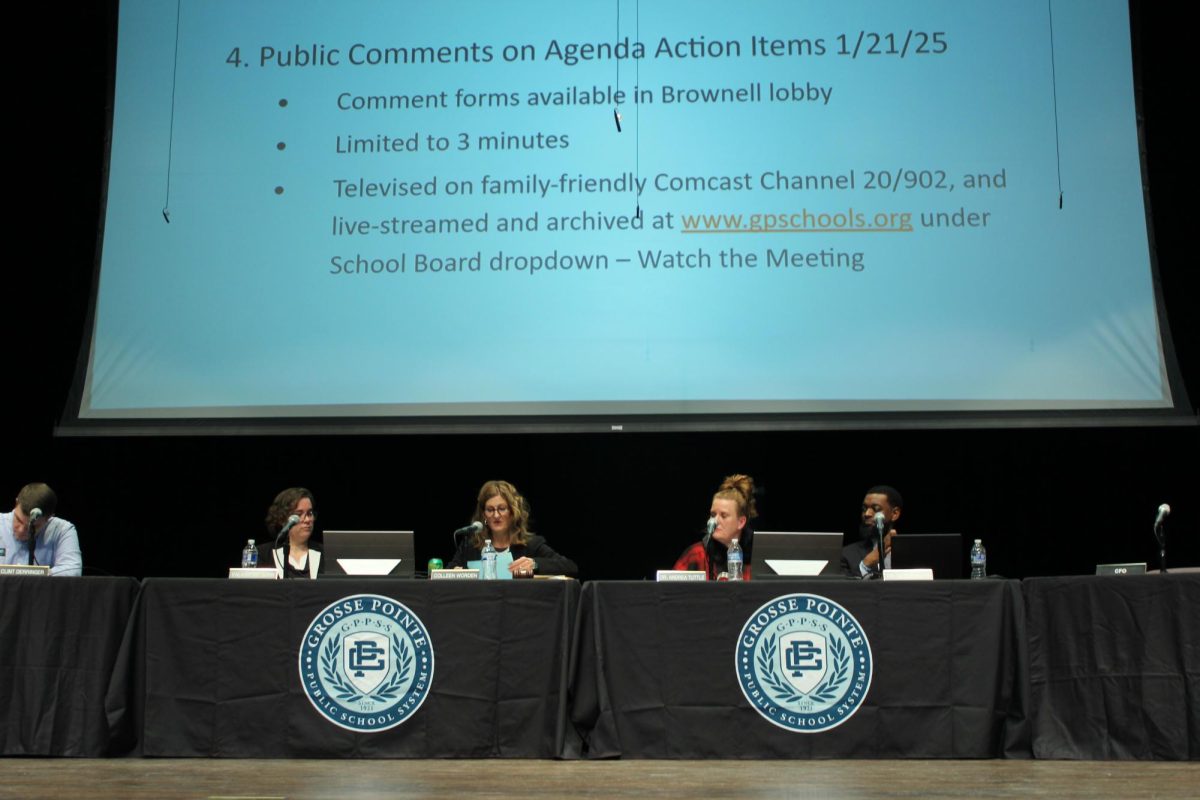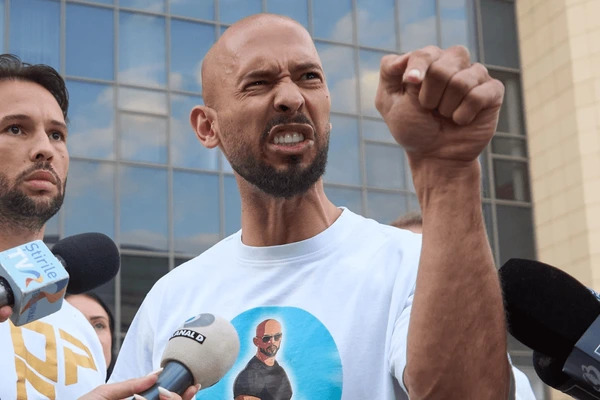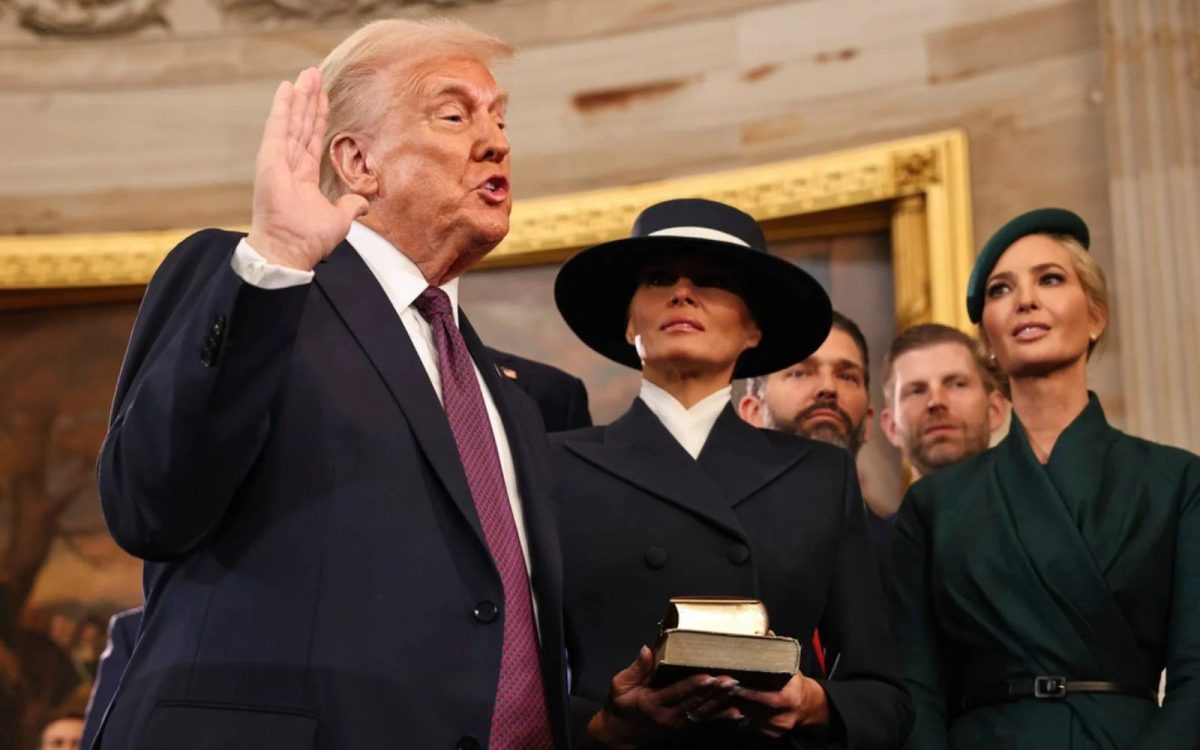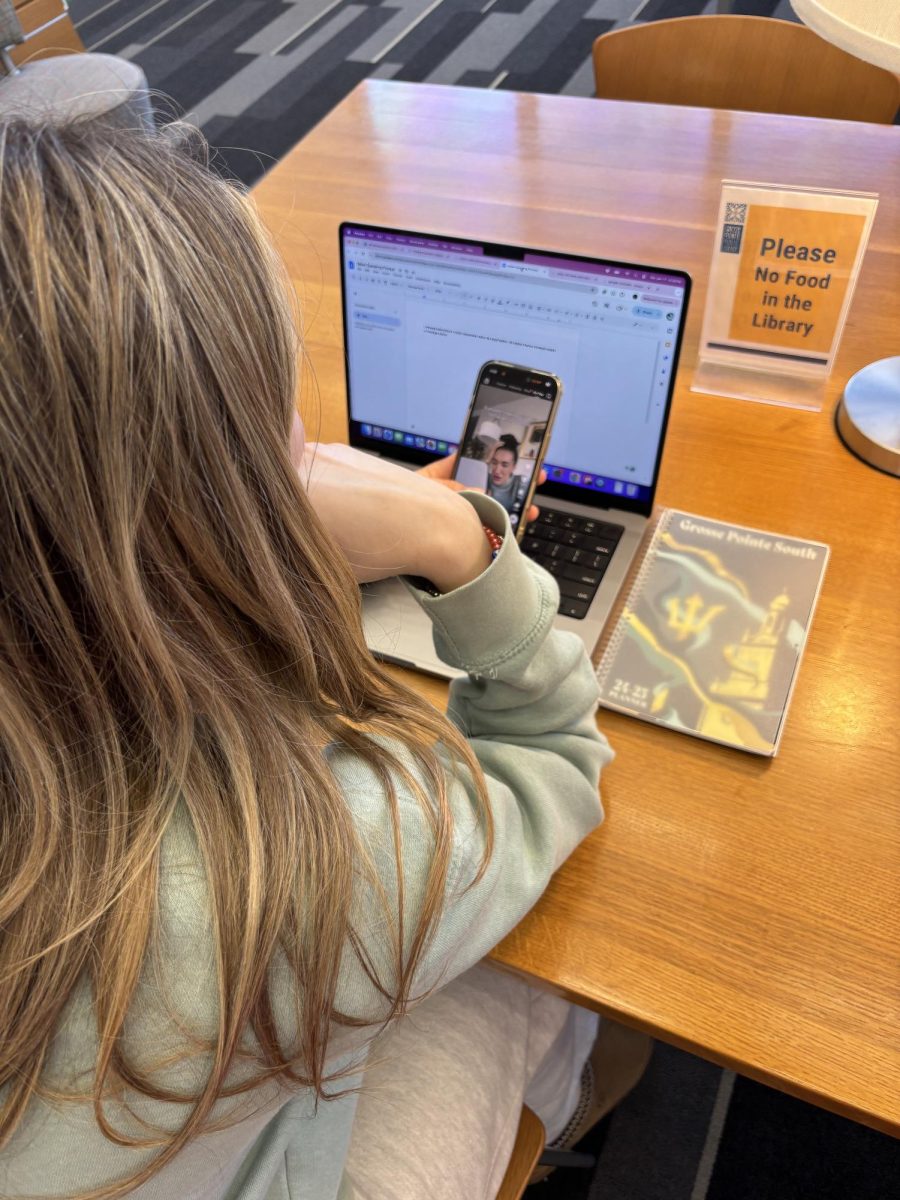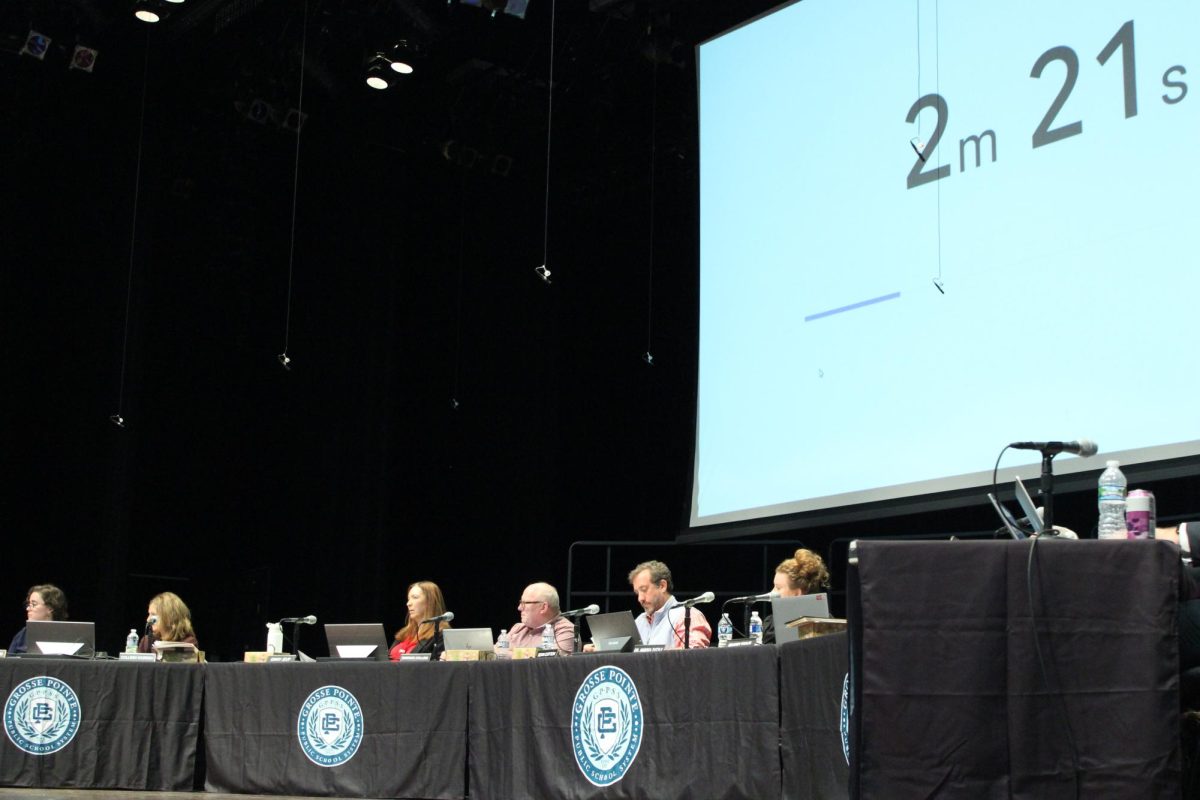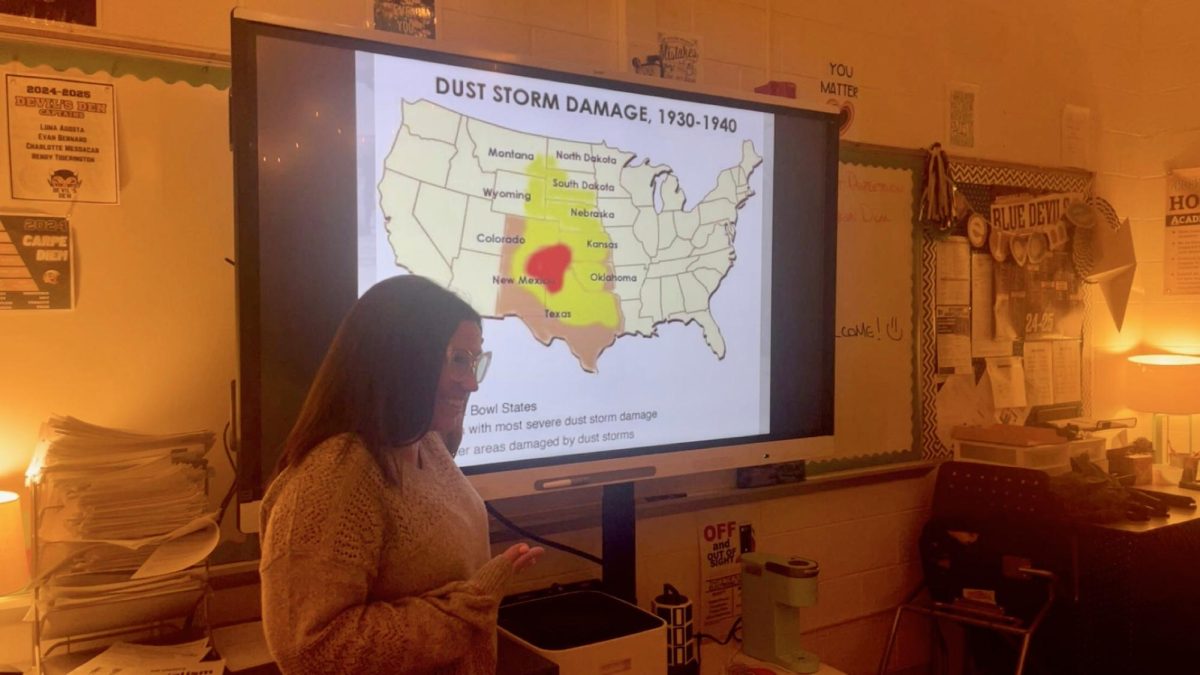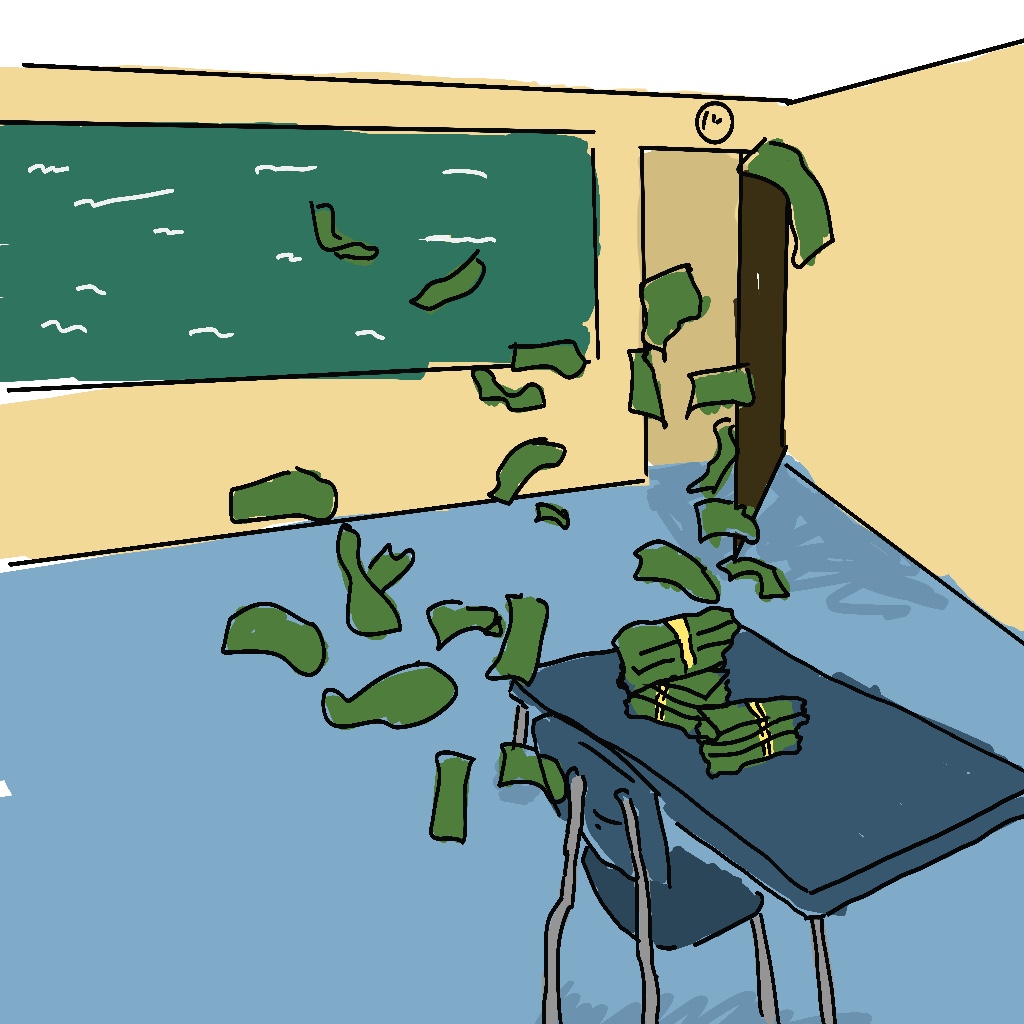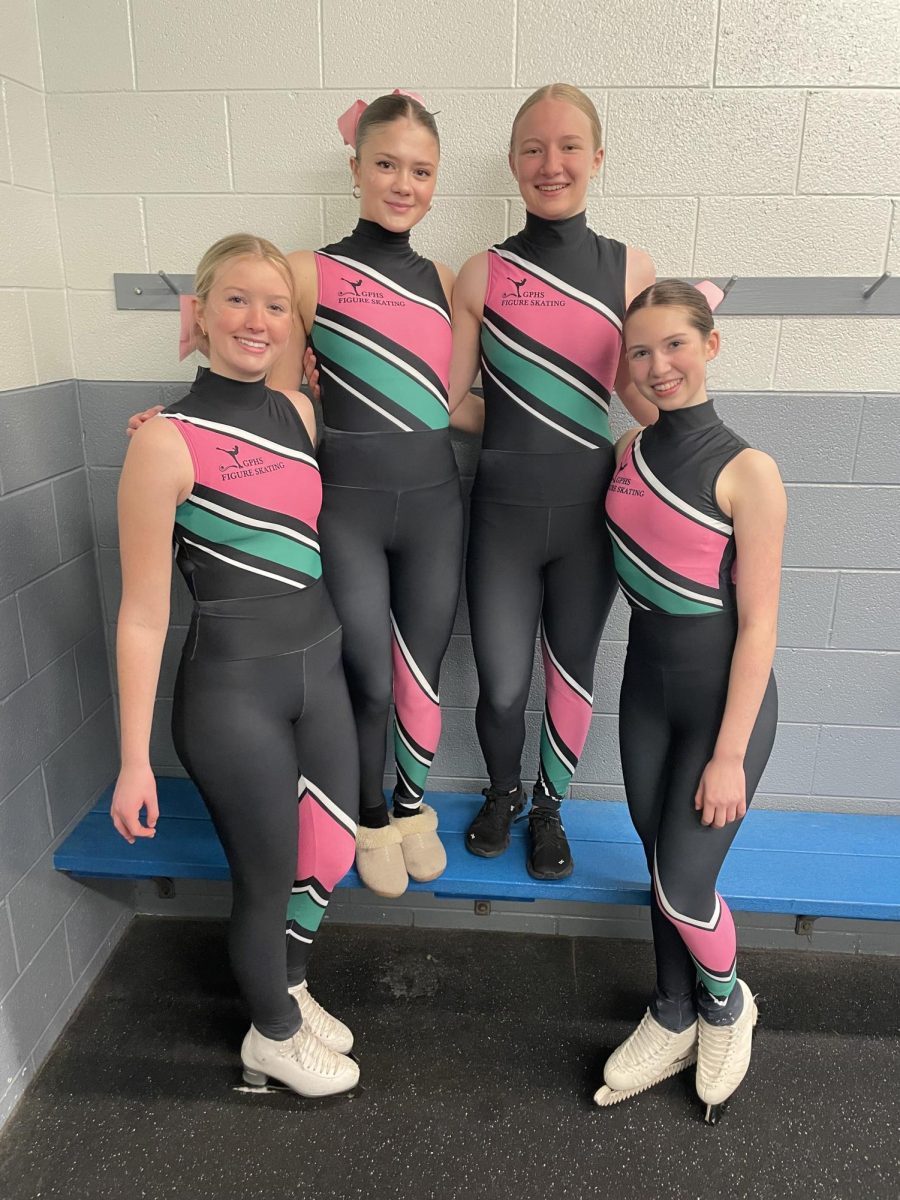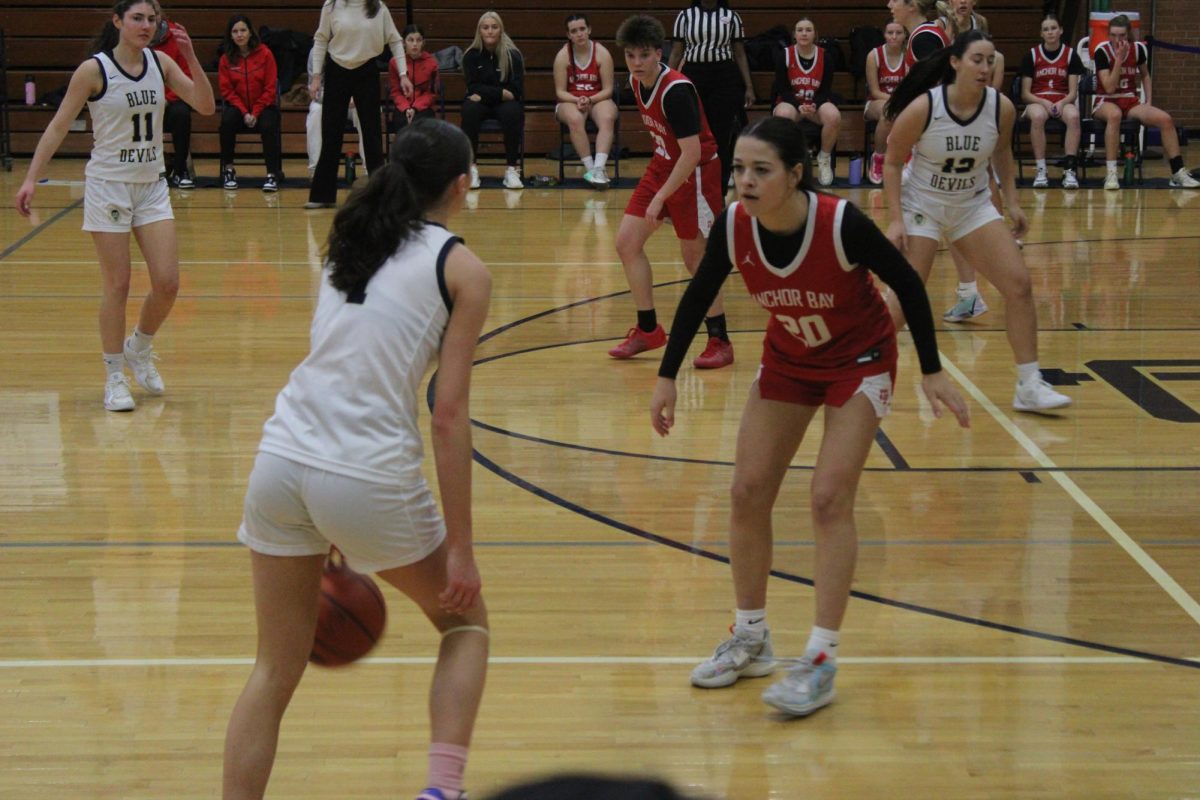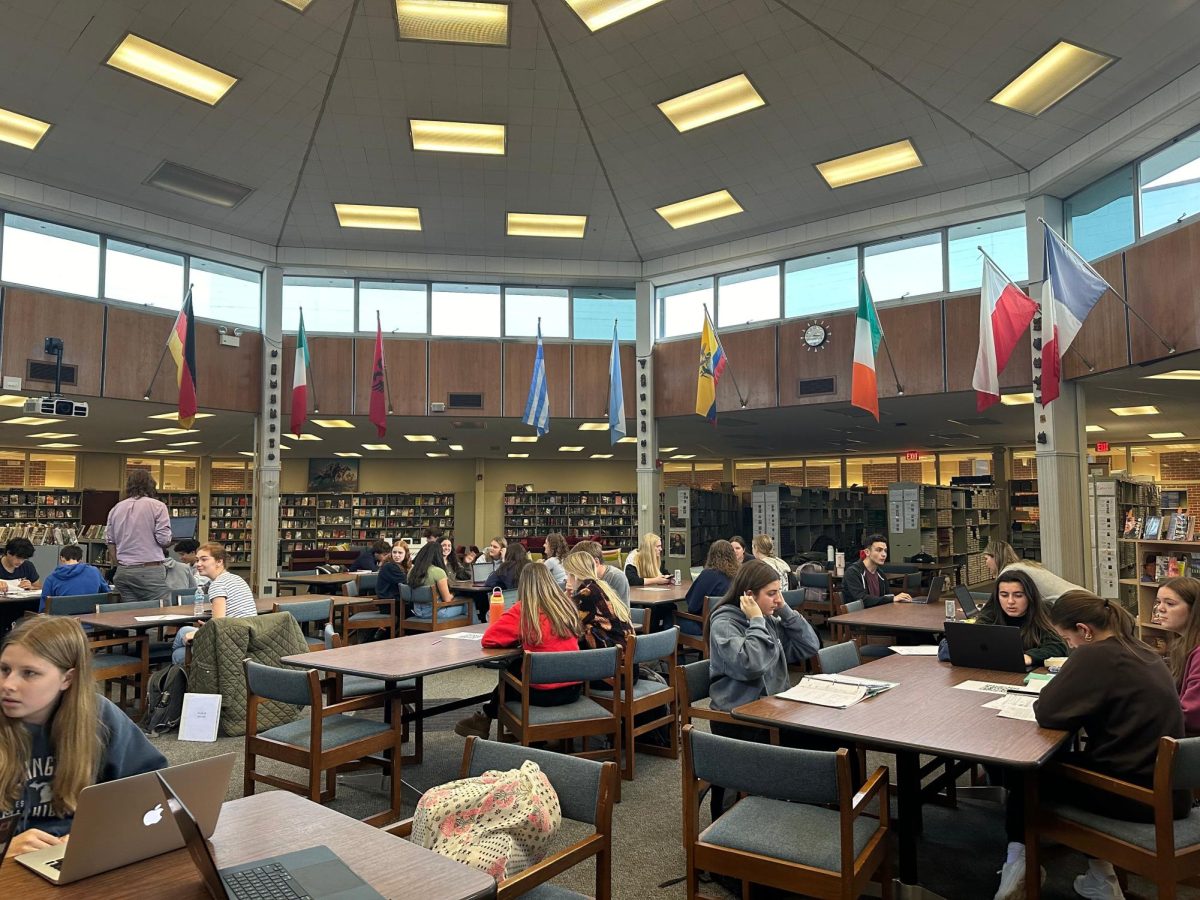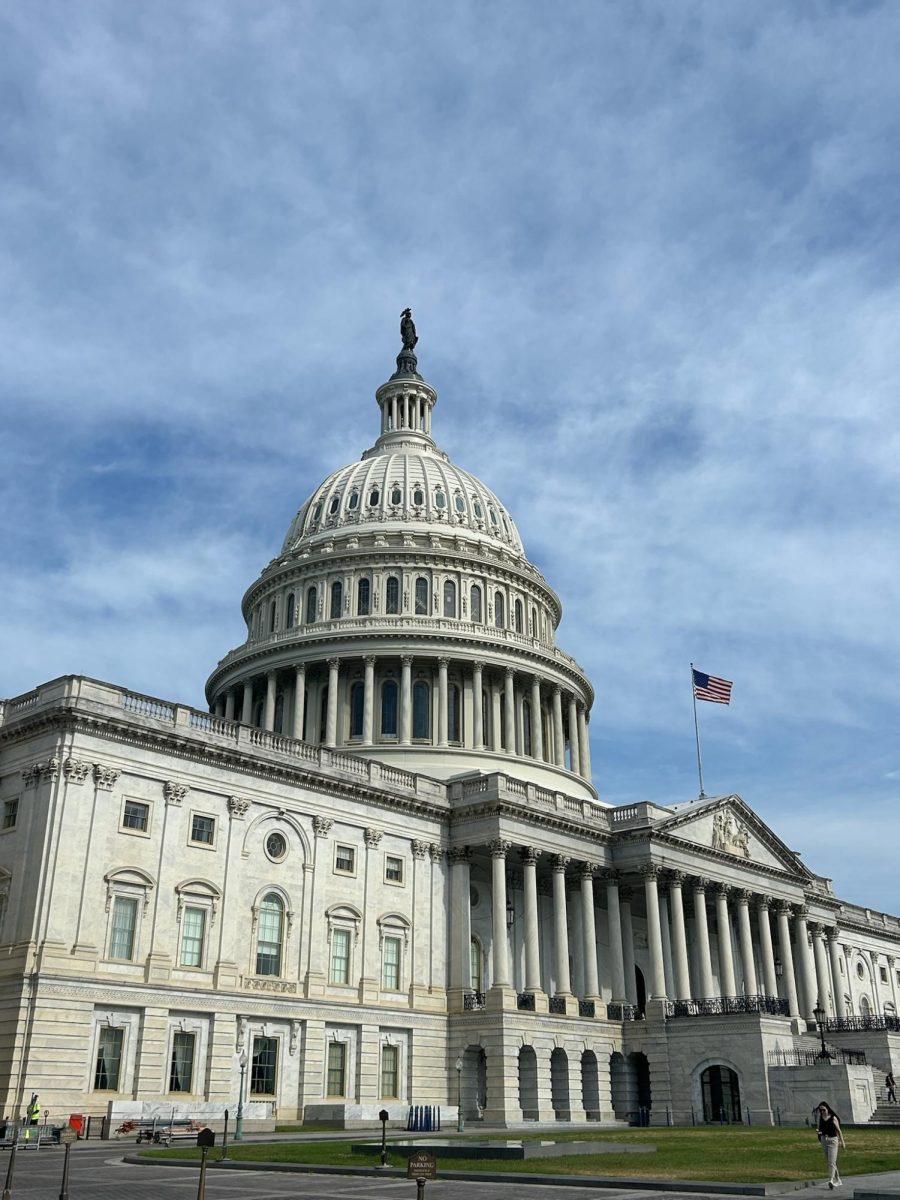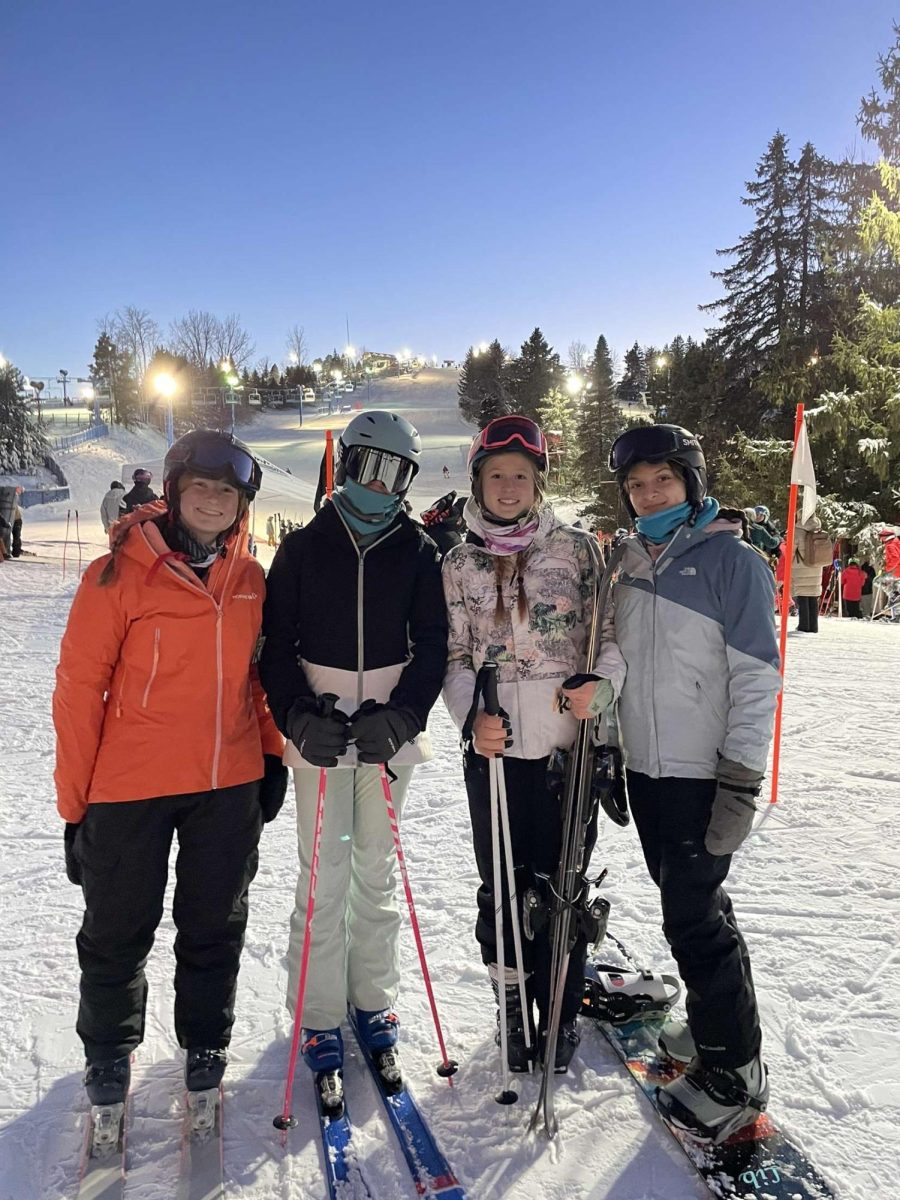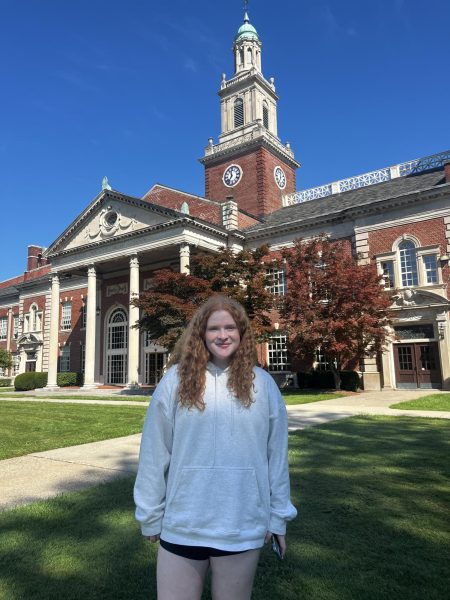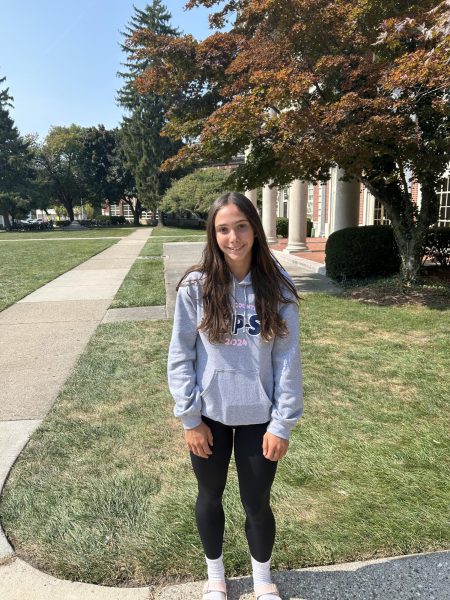During the Jan. 21 Board of Education meeting a Letter of Agreement (LOA) between the Grosse Pointe Education Association (GPEA), the teacher’s union and GPPSS passed, allowing for a bonus for special Education teachers and specialists across the district. While at first glance this may seem as a positive thing for special education teachers, it is not without controversy and debate.
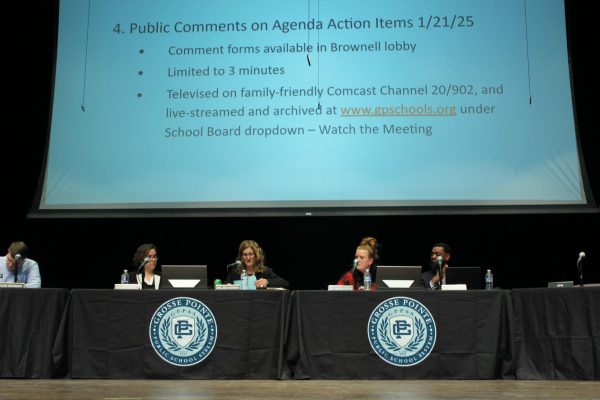
In the LOA, it announced that both Autism Spectrum Disorder (ASD) and Moderate Cognitive Repair (MOCI) teachers would benefit from a $20,000 raise throughout the 2024-25 and 2025-26 school years. The LOA also stated that other specialists like occupational therapists and social workers, will receive up to a $8,000 bonus for between the school years.
The funding for this bonus is coming from Act 18, a Michigan law that focuses on helping provide services for students with disabilities. In order for the LOA to pass, it was voted on within that GPEA, passing with over 70 percent support. Amanda Bungard is a special education speech pathologist at South who works with students everyday with disabilities.
“We are in a critical shortage area in special education,” Bungard said. “That means that recruiting and maintaining special education employees is incredibly difficult throughout the state and the country. So I feel that Grosse Pointe is beginning to take steps in acknowledging the way that many other districts have found ways to address the need as well.”
Prior to the vote on the LOA during the board meeting, the Deputy Superintendent of Educational Services, Dr. Roy Bishop and Executive Director of Student Services, Lillie Loder, gave a presentation on the current state of special education within the district after months of public calls for the situation to be addressed.
“We have heard loud and clear from our community that two things can be true,” Dr. Bishop said. “That we can have some things in which we can be doing better, on the side of special education and we can also be going through some global things when it comes to special education.”
According to Education Next, over 46,000 special education teachers in America leave public schools each year. With less college students going into the profession each year, it has made it increasingly difficult for districts to find qualified teachers, making money a competitive incentive for districts to compete with.
We spoke to an ASD special Education teacher within GPPSS who chose to stay anonymous.
“I was happy and I was relieved,” the anonymous special Education teacher said. “Not just because of the money, but it is a good way to hopefully start to get teachers outside of this district to be hired here, to help us because everyone.. we’re all doing more than [what is required] in our classroom.”
This is a step that other districts have already taken, meaning that GPPSS has been losing staff to neighboring districts due to compensation differences.
“Detroit Public Schools has done this too,” the anonymous special Education teacher said. “We are not paying our teachers, exceptionally the new teachers right out of college, to want them to come into this profession, and to come here. Other districts are paying them a lot more on top of their salaries with bonuses, and that is drawing them to other districts.”
For both the 23-24 and 24-25 school year, it took months of negotiations between GEA and GPPSS to agree on a teacher’s compensation contract. They did not come to an agreement until late August. Currently the starting rate for both special and general education teachers is $42,448 yearly with just a bachelor’s degree with no prior teaching experience.
We spoke to a general education teacher for GPPSS who chose to stay anonymous.
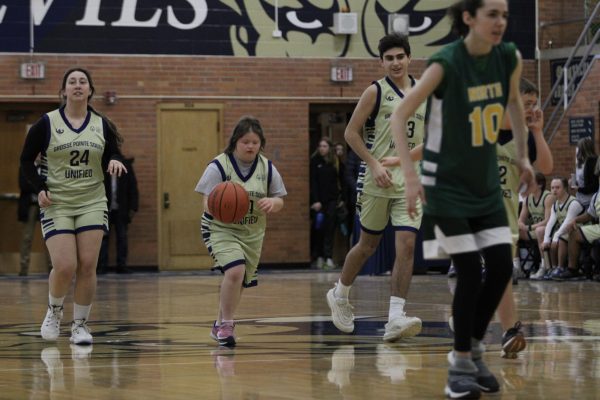
“I’m proud of my colleagues (special Education Teachers), but to offer $20,000 to one group and to tell everyone else say ‘good luck’, it actually hurts,” The anonymous general education teacher said. “We all offer a variety of things, and again I’m proud of all my colleagues but we all go above and beyond to try to create interesting and engaging lessons and to try to connect with our students and help them learn.”
Even with GPPSS being in the top 2 percent of public schools in the nation, according to US News and World Report, GPPSS has lost over 160 teachers for non-retirement reasons, according to Human Resources reports from GPPSS.
“We’re actually not that competitive (in salary) in the metro area,” the anonymous general education teacher said. “When we have people who suddenly realize we are losing people in this field (special education teachers), and say ‘here’s this money we can use’, the problem is only going to get worse. It might be affecting ASD teachers right now, but there are fewer and fewer people going into education because salaries are regressing when they don’t keep up with inflation.”
During the Dec. 9 meeting, the board approved a significant increase of salaries for all assistant superintendents and deputy superintendents. This sparked controversy after the months of negotiations between the GPEA and the board to pay teachers more for the 24-25 school year.
“If they (the district) really want to help us recruit and retain good people,” the anonymous general education teacher said. “They need a compensation package that is healthy. You know, when we have people at the Board Office who are earning very good salaries, substantially higher than past people in those positions, that makes a statement.”
The LOA follows months of parents and community members coming to the board complaining about the current special education situation. Many commented on the difficulty of the job considering how a special education teacher is required to adapt to each student’s individual needs in classes that are usually 5-8 students- sometimes required to teach bathroom etiquette.
Julie Moe has a son at Parcells Middle School with Down Syndrome and Autism.
“My son’s in a special education class at Parcells,” Moe said during a November meeting. “We started the year with a substitute, then had a teacher who mysteriously left after a week and now we have a different long-term sub. The district hasn’t been able to find a certified teacher because the pay is not competitive.”
Average special education paraprofessional makes under $20 an hour in GPPSS. For many parents of special education students, they just want qualified teachers and parapros to be in the classroom.
“Staff and special education in Grosse Pointe have had a really difficult time over the last few years,” Bundgard said. “Our programs have been understaffed, and many classrooms have not had a teacher in place for the full year, we’ve been short paraprofessionals.”
With the LOA, the district is hoping to attract more qualified teachers to stay competitive in a job that is demanding. The LOA passed internally with the teacher’s union with just over 70 % support.
“We’ve had many staff leave the district over the last few years, and they were not easy to replace,” Bungard said. “The district needs to support and reward the staff for remaining with the district through the difficult times.”

